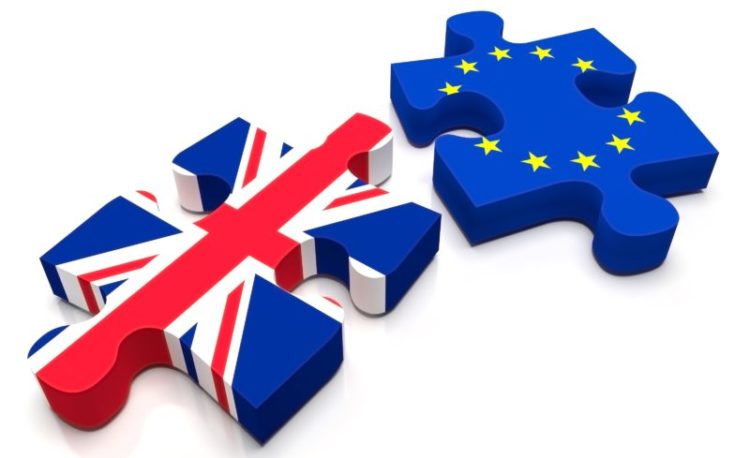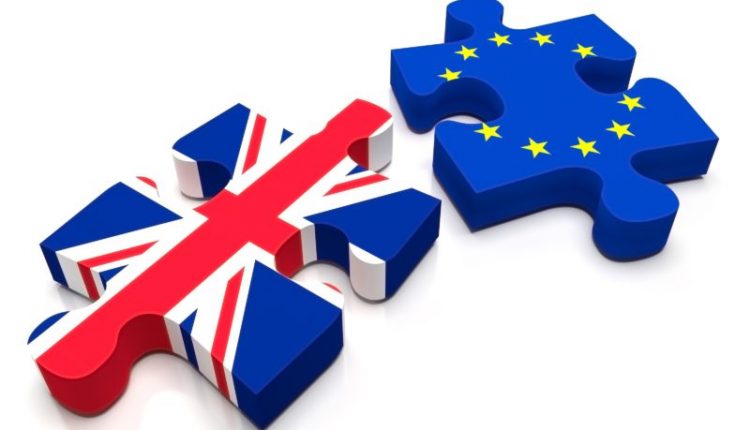Despite a new row over changes to the Withdrawal Agreement Martin Beck of Oxford Economics told members of Mersey Maritime he believes a Brexit trade deal is still likely. Tony McDonough reports

A leading UK economist has told an audience of Liverpool city region businesses that it is highly likely the UK and the EU will sign a free trade agreement (FTA) by the end of 2020.
Despite a current political row over changes to the Withdrawal Agreement in relation to Northern Ireland, Martin Beck of Oxford Economics said he believed “economic would trump politics” and that a basic FTA would be in place by January 1, 2021.
Mr Beck was speaking at the third webinar in the Global Trade Outlook Series, organised by industry bodies Mersey Maritime, Maritime UK and Western Union Business Solutions,
Mr Beck said: “There has been a lot of political heat this week about the Withdrawal Agreement but we still think the UK and the EU will have some kind of basic FTA in place by the end of this year.”
He also delivered an upbeat message about the prospects for the UK economy as it emerged from the damaging COVID-19 lockdown. As a result of the pandemic, he added, the UK economy had plummeted by 20% in the second quarter of this year.
However, he then went on to say: “The recovery has already started and we believe it may be a strong one… activity is picking up although we think the overall fall in activity by the end of 2020 will total around 10% – which is a huge fall.
“We expect the economy to rebound by around 9% in 2021 but we don’t expect it to return to pre-pandemic levels until the start of 2022 and that would represent two years of lost growth.
“There are reasons for optimism. This hasn’t been a normal recession. It has been a very short, sharp shock to the economy but there has been no damage to our physical capital. That remains intact and ready to use.”
Mr Beck talked about two possible scenarios based on the psychology of the UK population. People may fear unemployment rising and save money rather than spend it, thereby hurting the economy further. He described this as the “paradox of thrift”.
The second, more positive scenario, is where people start spending what they have saved in the past few months, creating a “virtuous circle” of higher spending leading to lower unemployment. Mr Beck added: “The Government must do everything it can to boost confidence.”

